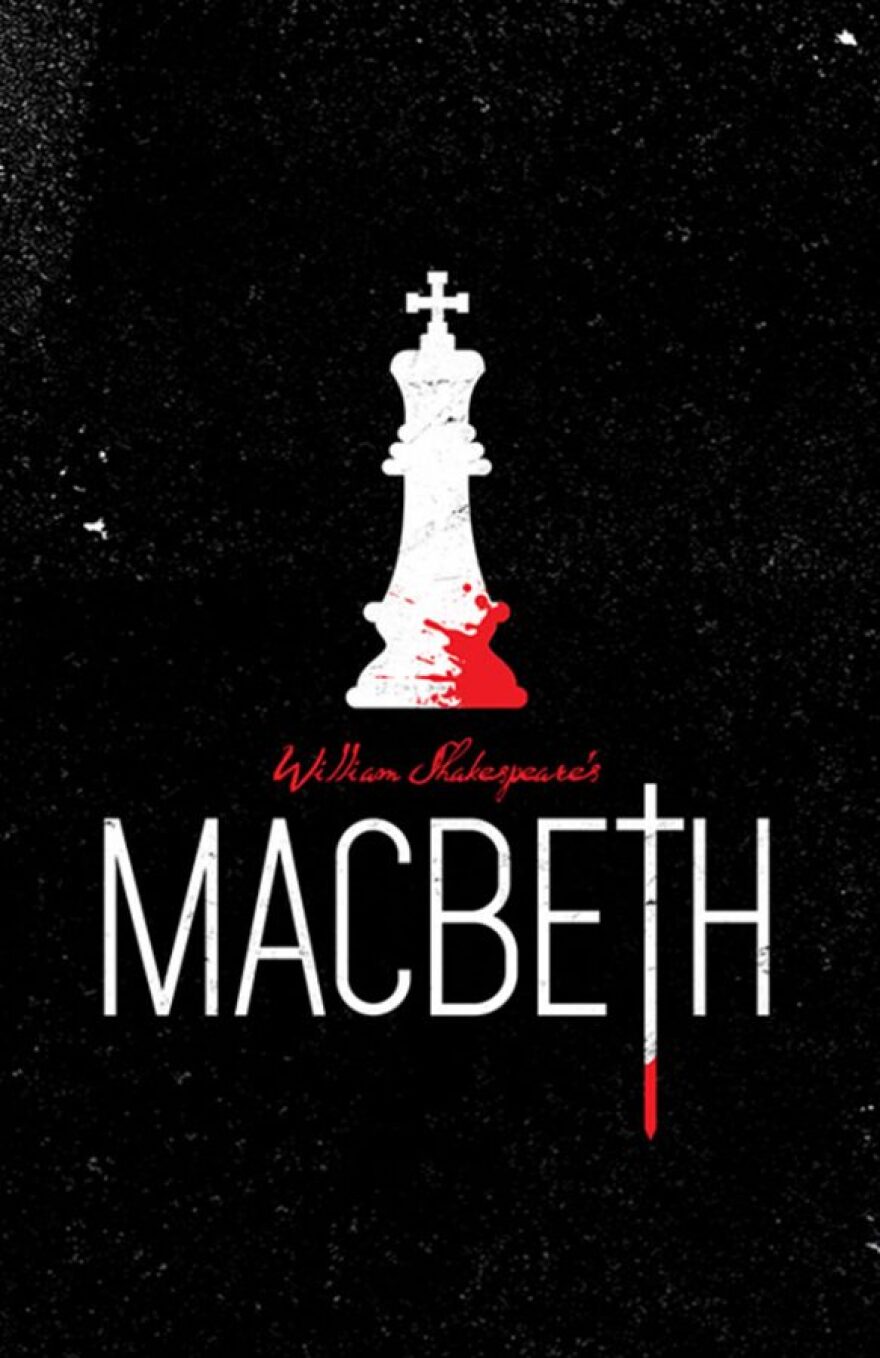Deception. Betrayal. Murder. Witches. Sarcastic porters. Few plays in Shakespeare’s canon contain as many delectable touchpoints for my own personal tastes in entertainment as the allegedly cursed “Scottish play,” or Macbeth.
Certainly, my tastes could be deemed somewhat morbidly eccentric—I watched the John Landis film An American Werewolf in London regularly as a small child and listened to the Eagles’ hit song “Witchy Woman” during nighttime thunderstorms for fun. But when I first saw Shakespeare’s darkest tragedy on stage in my sophomore year at Baylor, starring the great Rick Hamilton in the title role, I knew I had at last found my Shakespeare play, the one that spoke directly to my spooky little heart.
Written in 1606 during the early years of the reign of King James I, the Scottish play hits the stage with a literal bang, opening with cacophonic thunder and lightning and a trio of cackling, rhyming witches. These “weird sisters” weave their web of fatal influence and coercion around the noble Macbeth, champion of the recent skirmishes with rebellious Scottish thanes and Norwegian invaders, by piping out prophecies about his imminent accession to the throne. Surprisingly, noble Macbeth immediately begins to contemplate regicide, suggesting a decided limit to his supposed nobility. What’s more, the blithely unaware reigning King Duncan, a kinsman of Macbeth and his rightful liege lord, comes as a guest to stay at the Macbeths’ home almost at once, providing the conspiratorial couple the perfect opportunity to commit their “assassination”—another one of Shakespeare’s contributions to our modern English lexicon.
The tragedy only deepens and grows bloodier once “the old man” Duncan is dispatched, as the Macbeths struggle with guilt, paranoia, and despair. Macbeth begins to hallucinate various sights and sounds, including the ghost of his close friend Banquo--“Hence, horrible shadow; unreal mock’ry hence!”—whom he has killed out of political jealousy. Lady Macbeth wanders the halls at night, feverishly trying to scrub the guilty bloodstains from her hands--“Out, damned spot; out, I say!”
The witches produce increasingly ghastly images to induce Macbeth’s recklessness and cruelty--“Double, double toil and trouble”—leading to more paranoia and murders for Macbeth to commit, including those of his rival Macduff’s wife and children. Reading or watching this play not only captivates the mind with its terrors and traumatic psychological implications, but also conveys the very real dangers of overweening ambition and the spoiling of “the milk of human kindness”—another phrase the play adds to our repository of English idioms.
In fact, “the be-all and end-all” of this play can be summed up best as the torture of moral regret, the terrible truth of the notion that “what’s done is done” and that a life without compassion or honor really is “a tale told by an idiot, full of sound and fury, signifying nothing.” In Macbeth, Shakespeare lays out his simplest, yet most profound, lesson: If you sacrifice all to the self, you’ll just end up hating it in the end.



